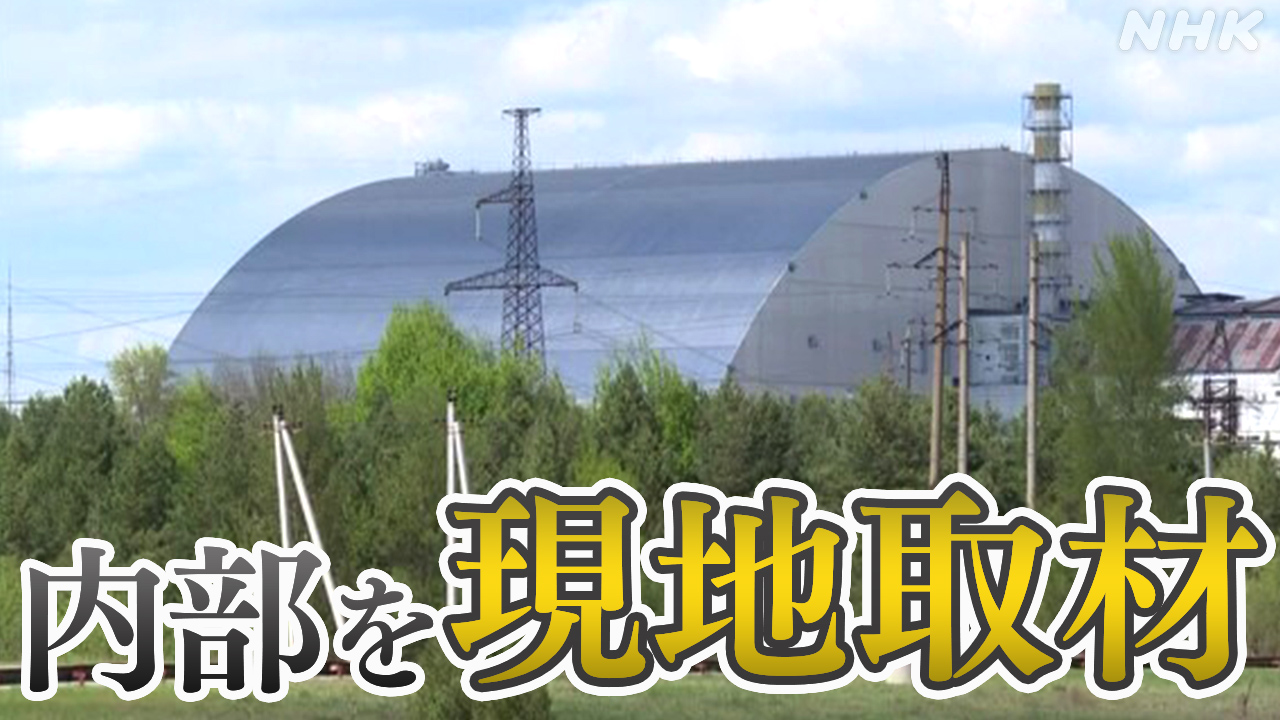Chernobyl Shelter: The Devastating Impact of the Russian Military Occupation
The ongoing conflict in Ukraine has cast a long shadow over the world, and nowhere is this more evident than at the Chernobyl Exclusion Zone. The site of the world's worst nuclear disaster, Chernobyl, has faced unprecedented challenges due to the Russian military's occupation, raising serious concerns about environmental and nuclear safety on a global scale. This article delves into the impact of the military actions on the Chernobyl shelter and the wider implications for the environment and international security.
The Occupation and its Immediate Consequences
The Russian military's occupation of Chernobyl in the early days of the invasion sparked immediate international alarm. Reports emerged of heightened radiation levels near the site, due in part to the movement of heavy military vehicles churning up contaminated soil, dispersing radioactive dust. This disruption of the fragile ecosystem surrounding the Chernobyl Nuclear Power Plant (CNPP) presented a severe threat to both the environment and the workers tasked with maintaining the integrity of the sarcophagus containing the damaged reactor.
Key Impacts During Occupation:
- Disruption of Monitoring and Maintenance: The occupation significantly hampered the ability of Ukrainian personnel to monitor radiation levels and maintain the safety systems at the CNPP. This lack of consistent oversight increased the risk of accidents and potential leaks of radioactive materials.
- Increased Radiation Exposure for Personnel: Ukrainian technicians who remained at the site during the occupation were forced to work under extremely precarious conditions, facing the constant risk of exposure to heightened radiation levels. Their safety and well-being were severely compromised.
- Damage to Infrastructure: Reports indicated damage to crucial infrastructure within the exclusion zone, further compounding the risks associated with the site. This included damage to power lines, communication systems, and potentially to the sarcophagus itself.
Long-Term Environmental Concerns
The long-term consequences of the Russian military's actions at Chernobyl are still unfolding. The disruption of the delicate ecological balance within the exclusion zone could lead to:
- Increased Spread of Radioactive Contamination: The disturbance of the soil by military vehicles could lead to the long-term dispersal of radioactive particles, potentially affecting larger areas beyond the exclusion zone.
- Impact on Wildlife: The already fragile ecosystem, which had begun to recover in the decades since the disaster, now faces further stress from the military occupation and potential long-term consequences.
- Uncertain Long-Term Health Effects: The impact on human health, both for those who worked at the site during the occupation and for future generations, remains a significant concern. Studies on the long-term effects of radiation exposure from the conflict are crucial.
International Implications and Future Outlook
The events at Chernobyl underscore the fragility of nuclear safety in times of conflict. The incident highlights the critical importance of international cooperation in safeguarding nuclear facilities and ensuring the safety of personnel involved in their operation and maintenance. The world needs a robust international mechanism for monitoring and protecting such sensitive sites from future threats.
Moving Forward:
- Increased International Monitoring: A strengthened international framework is needed to ensure transparent monitoring of nuclear facilities in conflict zones.
- Investment in Nuclear Safety: Continued investment in improving the safety of existing nuclear facilities is crucial to prevent future accidents.
- Strengthening International Cooperation: Collaboration between nations is essential to addressing the challenges of nuclear safety and environmental protection in a globalized world.
The situation at Chernobyl serves as a stark reminder of the devastating consequences of conflict, particularly when it involves sites with significant environmental and nuclear risks. The world must learn from this experience and work collectively to prevent similar incidents in the future. Continued monitoring and research are essential to fully understand the long-term impact of the Russian military's actions on the Chernobyl shelter and its surrounding environment.
